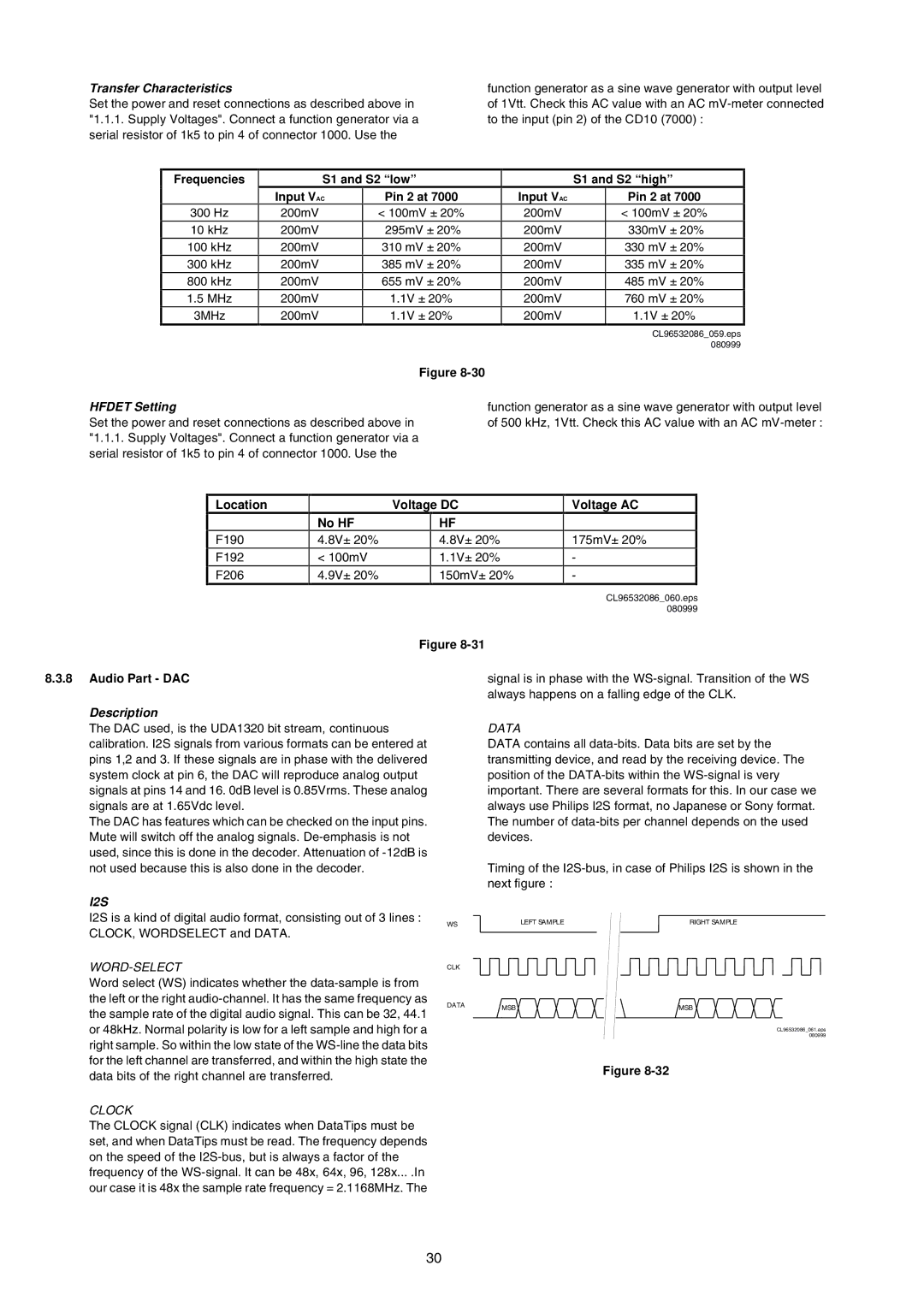MAR770, MAR775, DR-6000 specifications
The Marantz DR-6050 and DR-6000 are revered components in the world of high-fidelity audio systems, reflecting the brand's long-standing commitment to quality and performance. These models have gained popularity among audiophiles for their comprehensive features and advanced technologies, which cater to both casual listeners and serious music enthusiasts.The Marantz DR-6050 is a CD recorder and player that stands out with its dual functionality. It allows users to enjoy CDs while also having the capability to record directly from various sources, including analog inputs and digital connections. This functionality is essential for those who wish to preserve their vinyl records, cassettes, or other audio formats onto CD. The machine supports CD-R and CD-RW media, providing flexibility for repeated use and recording.
One of the standout technologies in the DR-6050 is its high-quality Digital-to-Analog Converter (DAC), which significantly enhances sound performance by converting digital signals to analog with incredible accuracy. This contributes to the unit's ability to reproduce audio with rich detail and clarity. Additionally, the recorder is equipped with a Microprocessor that ensures precise recording levels and optimizes the quality of the output.
On the other hand, the Marantz DR-6000 offers similar capabilities but with an emphasis on simplicity and ease of use. Designed for users who appreciate an intuitive interface, it features straightforward controls and an ergonomic design. The DR-6000 supports multiple recording formats, including standard audio CDs, making it versatile for various playback systems.
Both models are built with high-grade components that promise longevity and reliability. They feature robust construction, ensuring minimal vibration and interference to enhance playback quality. Integrated analog and digital inputs allow for diverse connectivity options, which is crucial for users with elaborate audio setups.
In terms of audio performance, both the DR-6050 and DR-6000 exhibit impressive frequency response and low distortion levels, characteristics that are vital for a satisfying listening experience. The devices also include features like playback speed control and disc finalization options, providing the user with complete control over their audio sessions.
The Marantz DR-6050 and DR-6000 are ultimate companions for those who appreciate high-quality sound and need versatile recording solutions. With their blend of advanced technologies, clear audio output, and user-friendly designs, they remain solid choices for anyone looking to enhance their audio collection and experience.

